Orthosomnia, meaning the detrimental obsession with sleep trackers and sleep data in hopes of getting perfect quality, is on the rise.
While the intention is good, the method and fixation is unhealthy.
RELATED: Lack Of Sleep Symptoms And How To Fix Them
Orthosomnia | Meaning and Sleep Trackers Explained
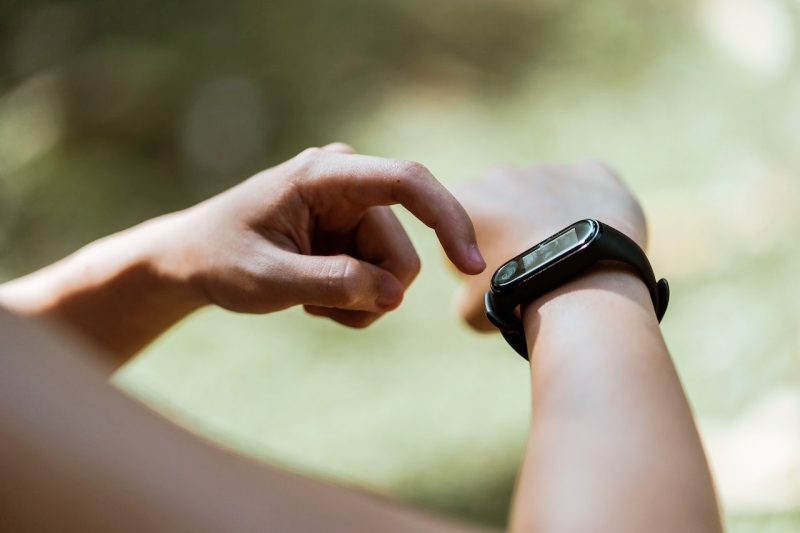
What Is the Meaning of Orthosomnia?
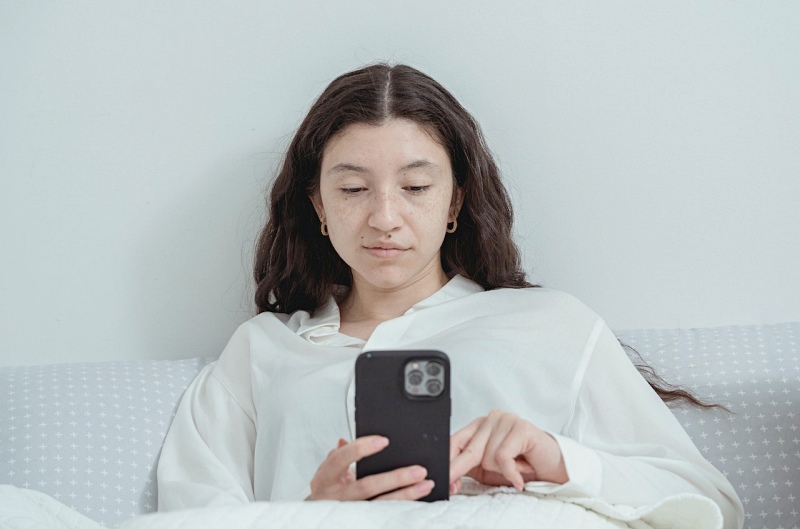
Working to improve sleep quality is an excellent way to take care of your body. But take it too far and it becomes an unhealthy obsession—orthosomnia.
Orthosomnia meaning “ortho” and “somnia,” which combined means correct sleep refers to an obsession with achieving the right sleep using sleep trackers.
Orthsomniacs are those that are too absorbed in the quantified self—the new cultural phenomenon where people proactively use gadgets and applications to gather measurements and figures to gain insight into their health.
By becoming too fixated on the quantitative data, people with orthosomnia end up neglecting whether they actually get good sleep at night. Obsessing with sleep trackers is actually steering sleepers in the opposite direction of what trackers were made to achieve.
People with orsomnia may stay in bed longer than they need to log in more bed hours in their sleep trackers.
How Do Sleep Trackers Work?
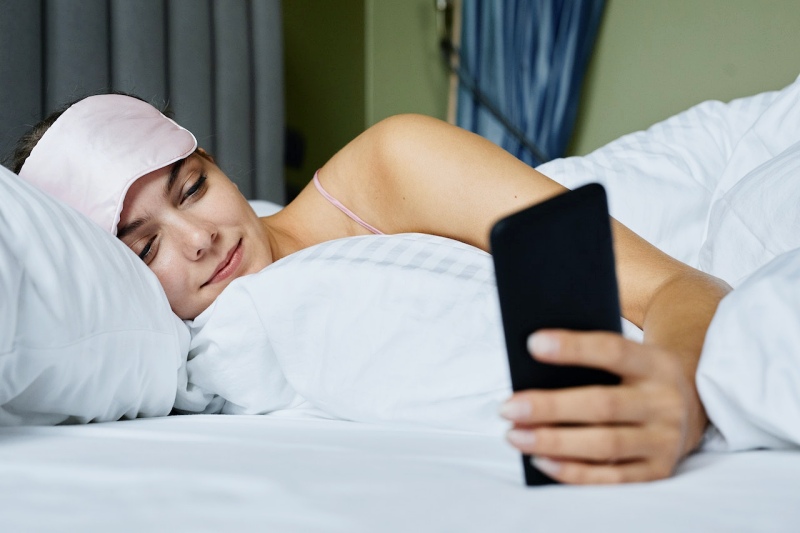
Sleep trackers make use of algorithms to gather information and infer information, like:
- total sleeping hours
- duration of each sleep stage
- sleep quality
- heart rate
- other lifestyle factors that may affect sleep quality (e.g. caffeine intake, diet, stress levels)
- sleep environment (e.g. room temperature, room brightness)
However, it’s important to know the limitations of sleep trackers. And that is they do not directly and are not able to accurately measure the quality of your sleep.
But while sleep trackers have no clinical use, they’re great for keeping track of your sleeping habits and making sure you get to bed and rise on time.
Are you trying to correct your habit of drinking coffee far too close to bedtime? A good sleep tracker can help your curb the habit.
Are you trying to see if your lifestyle changes have been helping you log more sleep hours? Your sleep tracker can help you measure your sleep duration without you peeking at your clock every few minutes.
In addition to recommending good sleep habits, some sleep trackers may also detect possible signs of sleep disorders. If this opens up a conversation with a sleep expert, then that’s a win for your and your sleep tracker.
Sleep trackers are not inherently bad. However, it’s the fixation or the obsession with the data and the quantified self that can lead to poor, misled decisions.
How Do Sleep Trackers Cause Orthsomnia?
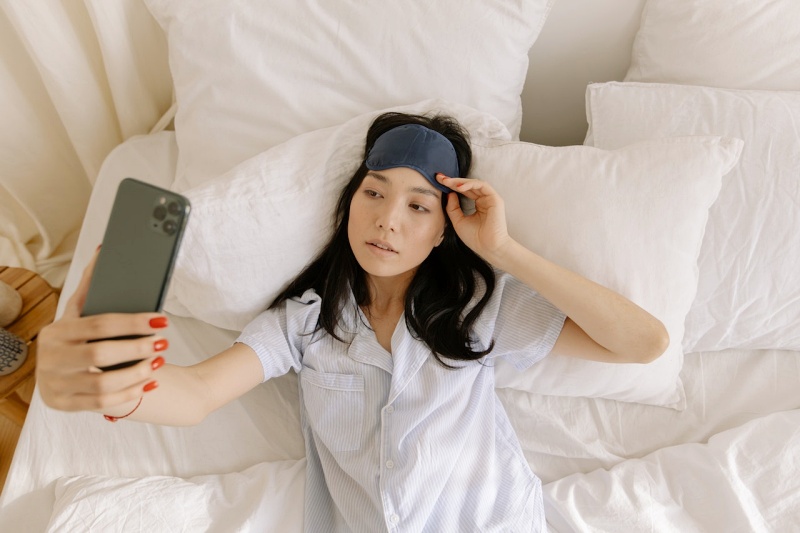
Sleep trackers may trigger unhealthy perfectionism and sleep-related anxiety.
As you become more and more fixated on improving your sleep figures, you may be giving yourself unnecessary anxiety.
In fact, case studies show that people actually spent more time in bed to log more sleeping hours, which may have in turn worsened their insomnia.
And instead of improving their sleep hygiene, sleep trackers might have encouraged poor sleep habits.
Keep in mind that sleep trackers are not government-regulated. Moreover, growing research reveals that the data and information they collect are inaccurate. So the next time you’re tempted to dwell on the numbers, remember that the figures are likely inaccurate and are not a good basis for the quality of your sleep.
Until we learn more about the effects of sleep trackers and orthosomnia, subscribe to your doctor’s advice instead.
As long as you follow your doctor’s orders, practice good sleep hygiene, and feel fully rested and refreshed in the morning, that may be all the indication you need to know that you’re getting quality sleep.
How Can I Tell if I Have Orthosomnia?

Because orthosomnia is a new concept and isn’t clinically recognized, there’s no standard definition and list of symptoms to watch out for.
But generally, if you’re more inclined to listen to your sleep tracker than your body, you may have orthosomnia.
Orthosomniacs may experience symptoms similar to those that get poor sleep, like:
- waking up groggy and unrefreshed
- poor mood, irritability
- fatigue
- trouble concentrating
- memory problems
- anxiety
What’s the Best Way to Improve Sleep Quality?
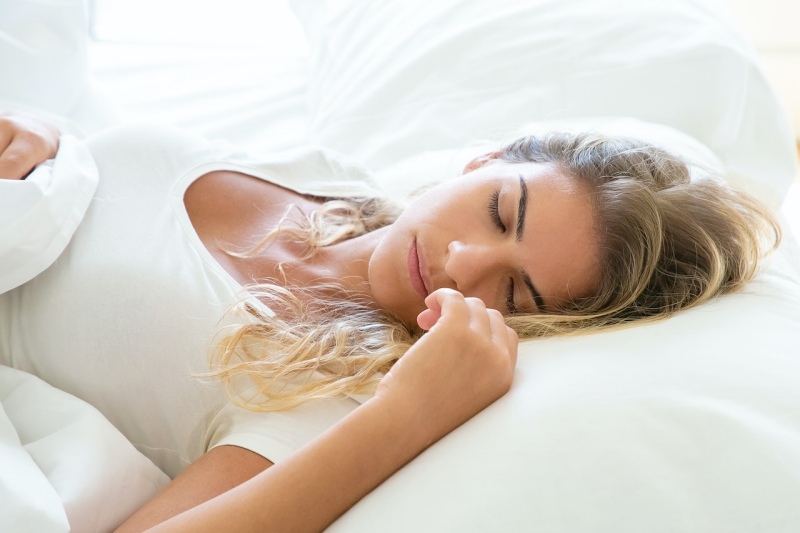
The best way to improve sleep quality is to practice good sleep hygiene. While sleep trackers can help you point out gaps in your sleep quality, it’s an ineffective diagnosis tool, especially without the presence of a healthcare professional.
You can use sleep trackers to keep track of your sleeping partners. However, to truly get accurate and meaningful data on your sleep, you’ll need to visit a clinic for a sleep study.
Sleeping tools and accessories directly improve your sleep quality by providing you with the best sleeping environment. Choosing the right mattress and creating the perfect sleeping environment are the first crucial steps to getting optimal sleep.
Improving your lifestyle and daytime habits to help you sleep at night are also more straightforward and proactive steps to getting the best sleep.
Don’t Lose Sleep over Your Lack of Sleep
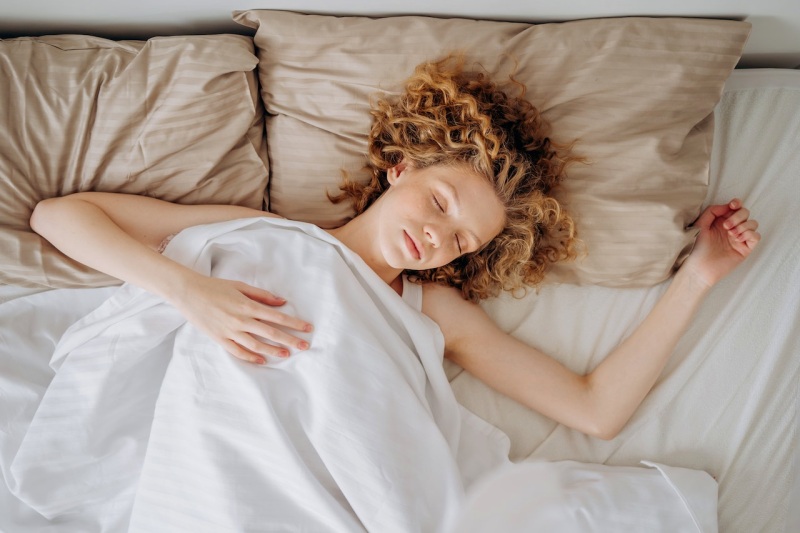
Orthosomnia, meaning the fixation with sleep trackers and sleep data in hopes of getting perfect quality, is nothing to lose sleep over.
When achieving optimal sleep quality, sleep trackers cannot replace proper sleep hygiene. Trackers cannot replace sleep studies and doctors either, and can’t give you an accurate diagnosis of sleep disorders.
Fixating on the numbers can bring you anxiety and potentially even insomnia. In fact, focusing too much on sleep trackers goes against one of the sleep hygiene practices—no gadgets before bed.
Sleep trackers aren’t inherently bad—some sleepers may even find them useful. However, they can’t undermine sleep practices that directly and positively improve your sleep quality. And they can’t replace sleep doctors, a quiet room, and a really good mattress.
Do you have a sleep tracker? Did this article change the way you look at the numbers? Or did this convince you that you may have orthosomnia? Share your thoughts with us in the comments section below! We’d love to hear from you.
UP NEXT:

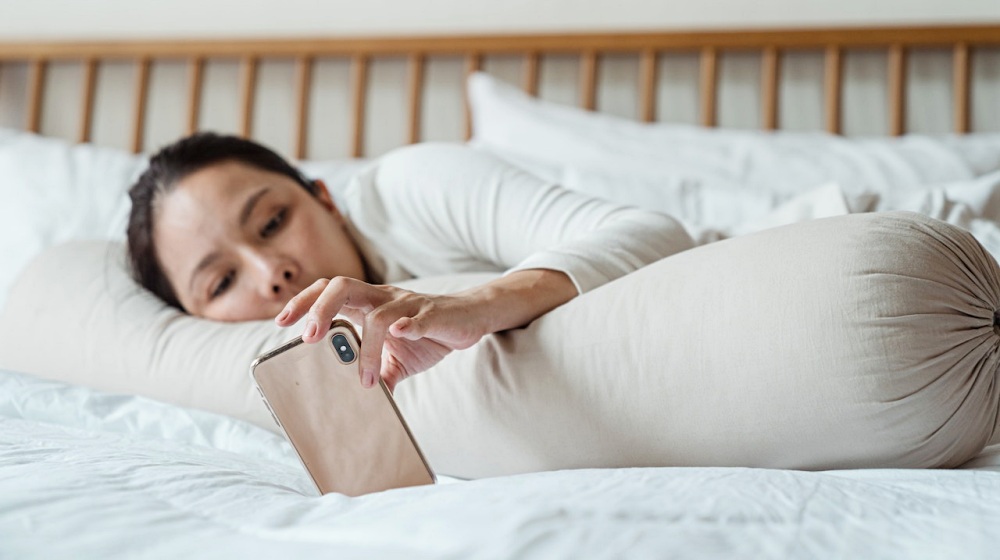







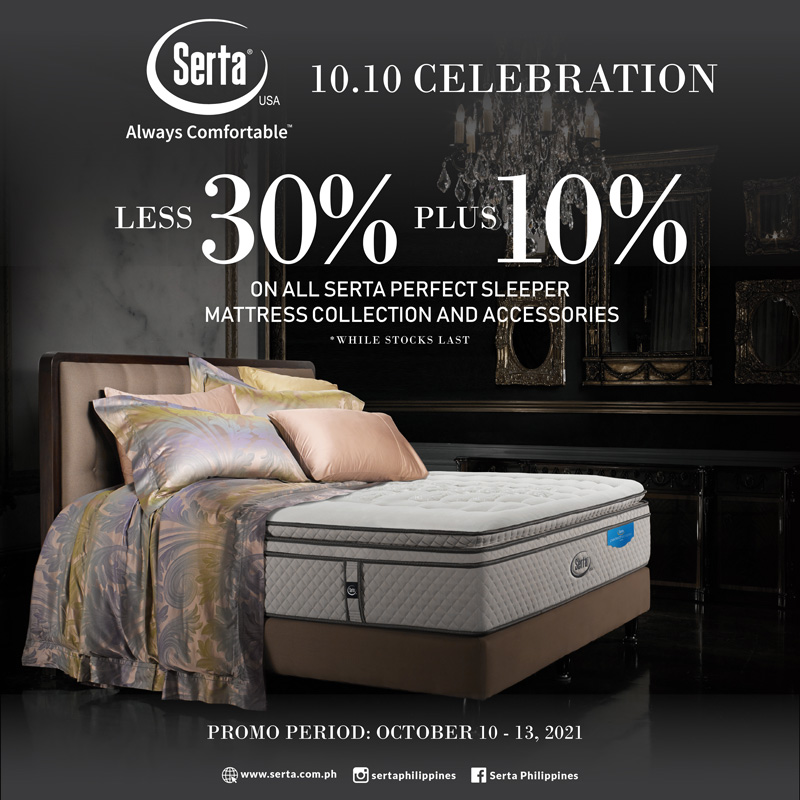
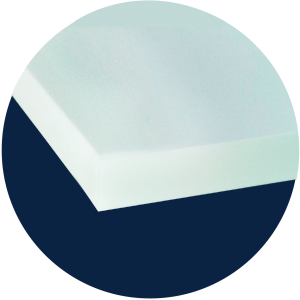
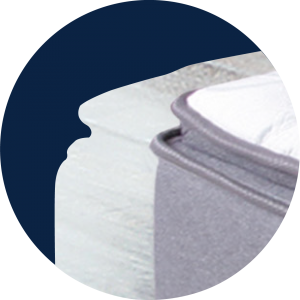
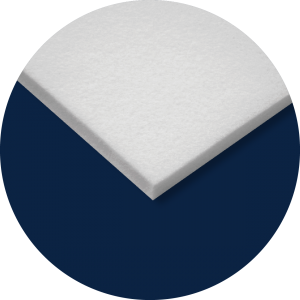

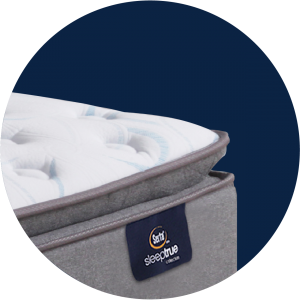
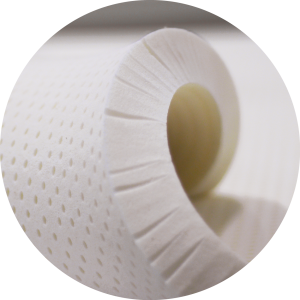
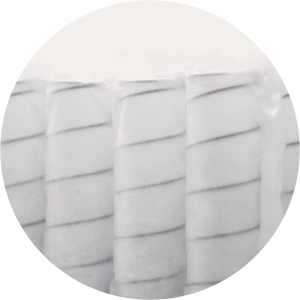
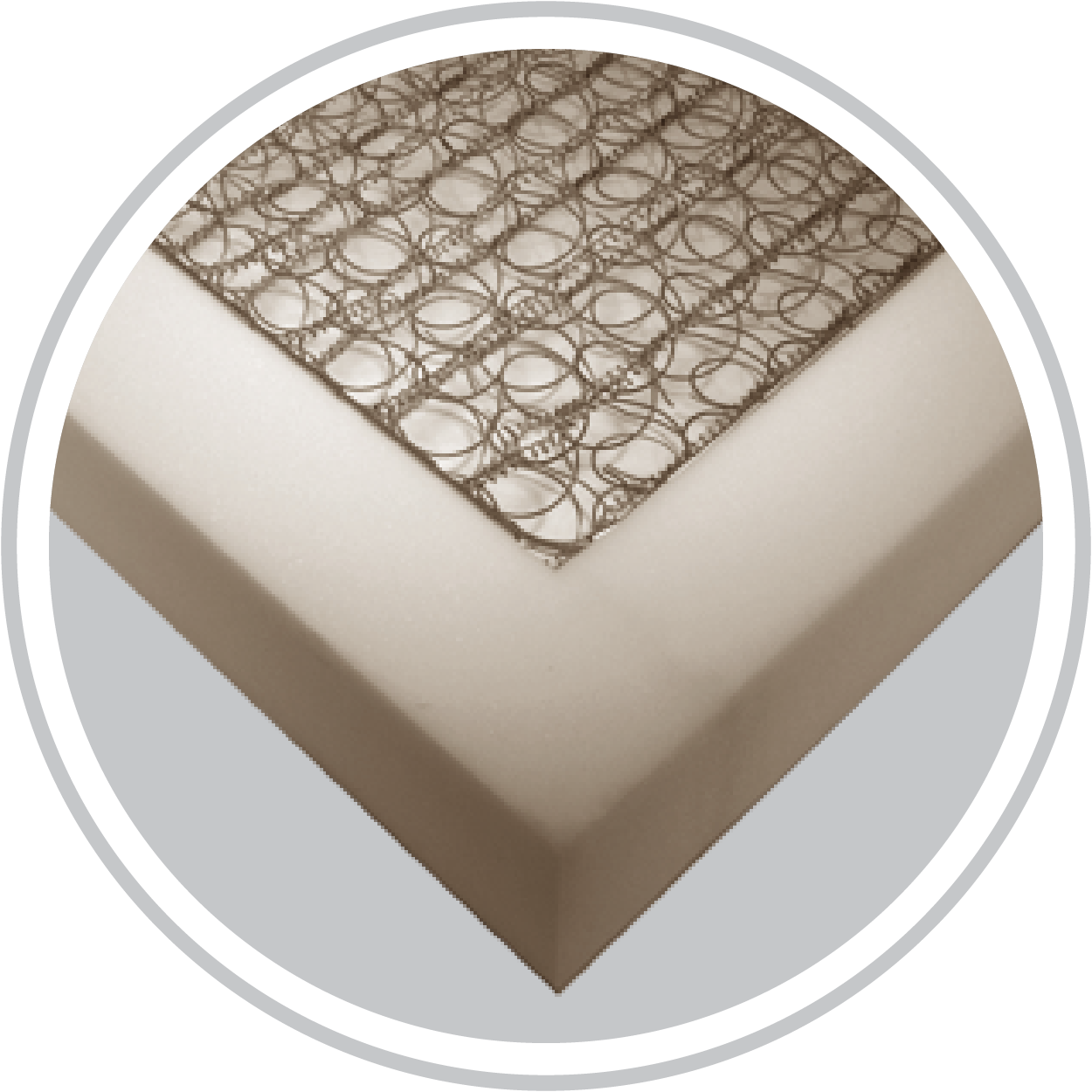
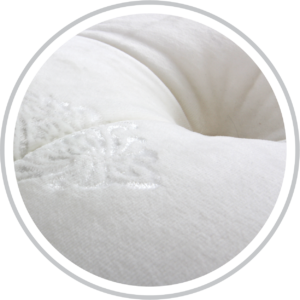
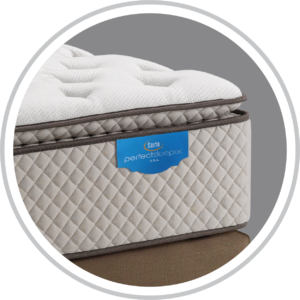

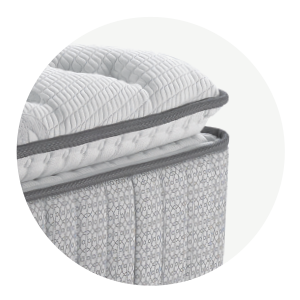
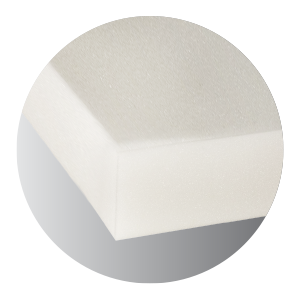
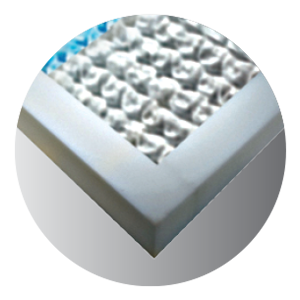
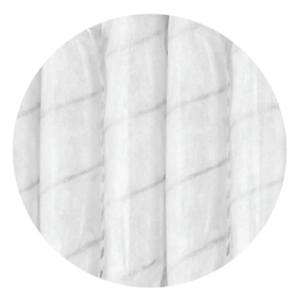
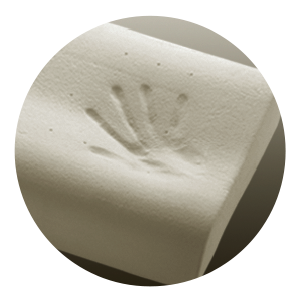
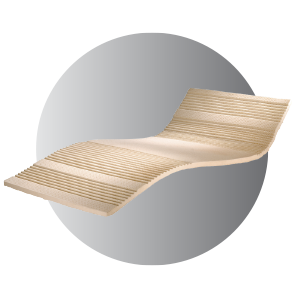
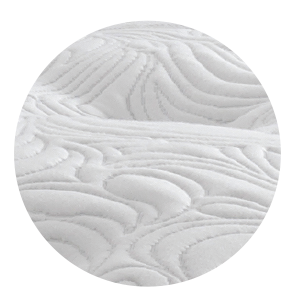
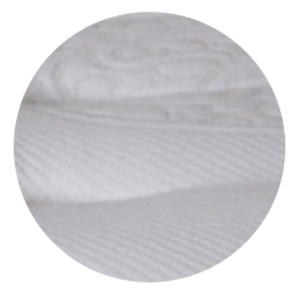
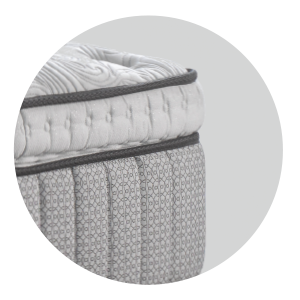
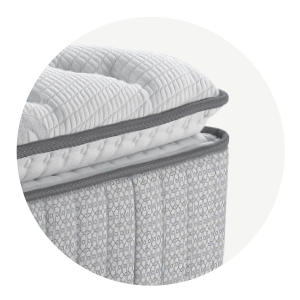
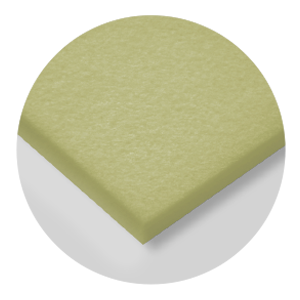

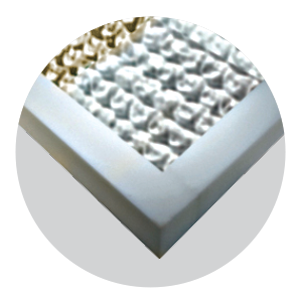
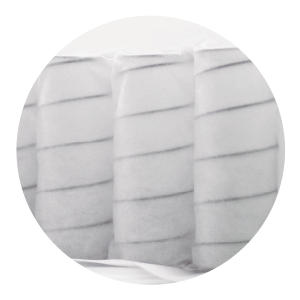
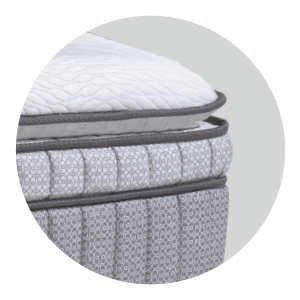
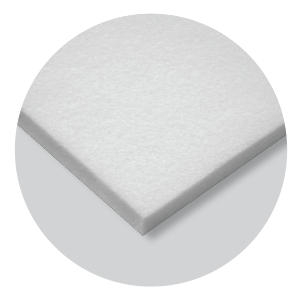
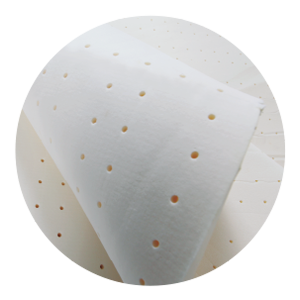
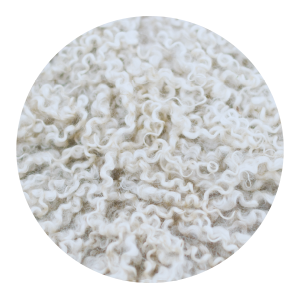
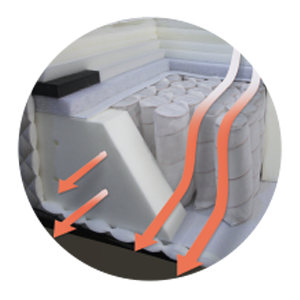
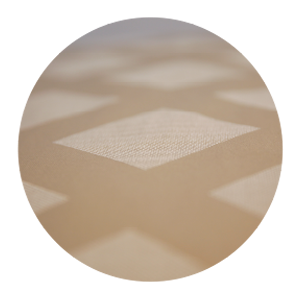
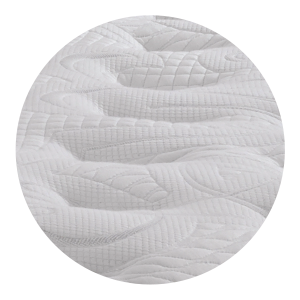
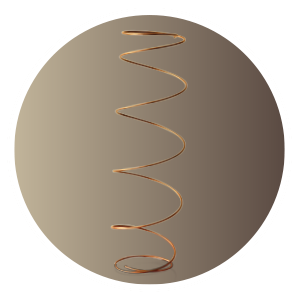
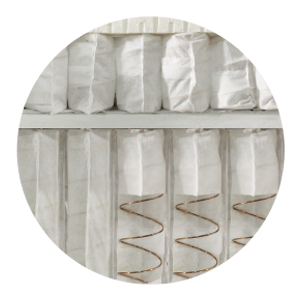
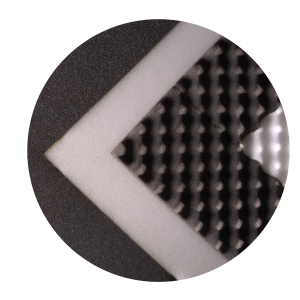
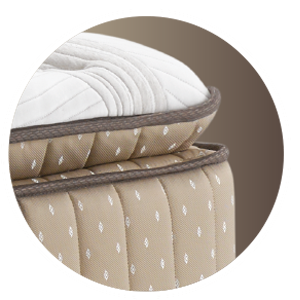


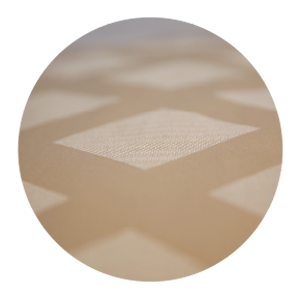
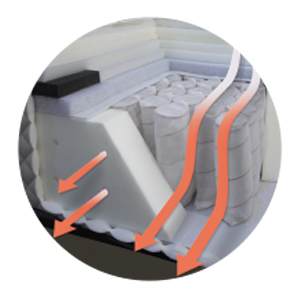
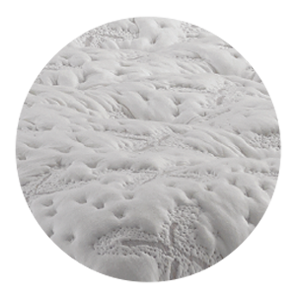
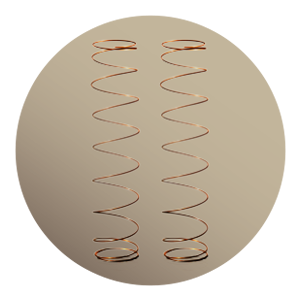
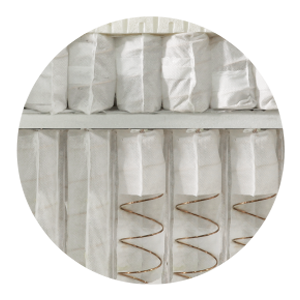
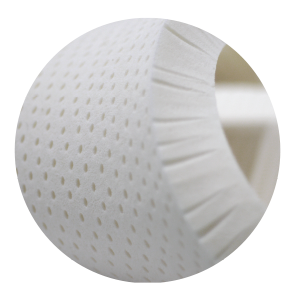
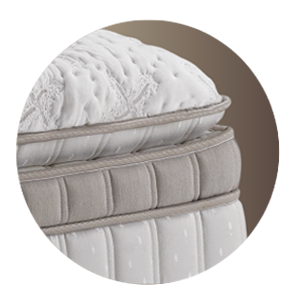
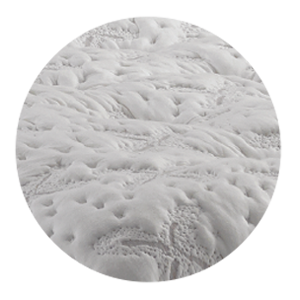
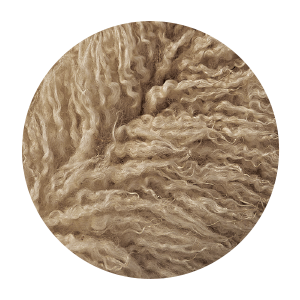
0 Comments